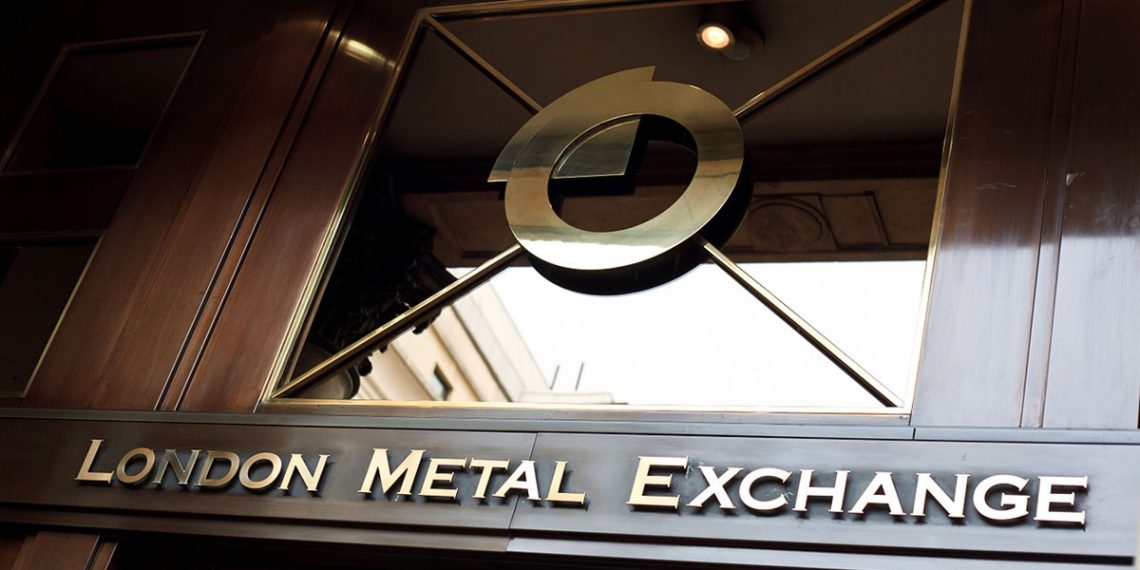The London Metal Exchange (LME), fresh from its legal victory over the 2022 nickel crisis, is preparing for yet another appearance at London’s High Court.
Two activist groups, the London Mining Network (LMN) and the Global Legal Action Network (GLAN), are accusing the LME of enabling the sale of environmentally harmful metals, which they claim triggers liability under the Proceeds of Crime Act (2002).
The metal at the centre of the controversy, and a current hot topic, is copper, sourced from the massive Grasberg mine in Indonesia. GLAN has labelled this a pivotal case, with its aim to shed light on the alleged environmental harm caused by Grasberg.
This legal accusation presents an unexpected challenge for the long-standing LME, which has dismissed the lawsuit as misguided. Despite being in the crossfires of such legal proceedings, the LME has entrenched regulations to help support sustainable practices of those listed under it, and is currently in the process of suspending approximately 10% of its listed brands for not submitting responsible sourcing documentation on time.
The Exchange insists that all metal producers with a listed brand, including PT Indonesia, must provide evidence of compliance with OECD principles of responsible mineral supply chains and, as of last year, ISO certification of environmental and health and safety standards. Several producers failed to meet the deadline on 31 December 2023 for the latter. The LME anticipates that some of these brands will be able to re-list once they have addressed the policy requirements.
Nevertheless, the case is due to proceed, not intended to seek financial compensation, or point the finger at Freeport McMoRan, a part owner and operator of Grasberg. Instead, the objective seems to be leveraging the LME’s status as a UK-regulated investment exchange to bring attention to alleged environmental offenses at Grasberg.
The case specifically targets the LME’s “GRESIK” brand of copper, produced by PT Smelting, which processes Grasberg concentrates. LMN’s immediate aim is to compel the LME to reconsider its framework for listing metals for trading.
The ultimate goal is to address the tailings management system at Grasberg, located in the rainforest of Indonesia’s Papua province. Both LMN and GLAN claim this system is polluting local water sources.
Freeport’s 2022 sustainability report asserts that Grasberg’s “controlled riverine tailings system” states effective and safe management of tailings and continues to be one of PT-FI’s most important environmental priorities. PT-FI operates a controlled riverine tailings management system, which was implemented based on methods permitted by the Indonesia government.
The report explains that PT-FI’s controlled riverine tailings management system uses a river to transport the tailings from the concentrator in the Highlands along with natural sediments to a large engineered and managed deposition area in the Lowlands. The Aghawagon/Otomona River was chosen for tailings transportation because that part of the river is unnavigable and not used for potable water, agriculture, fishing, or other domestic and commercial uses.












